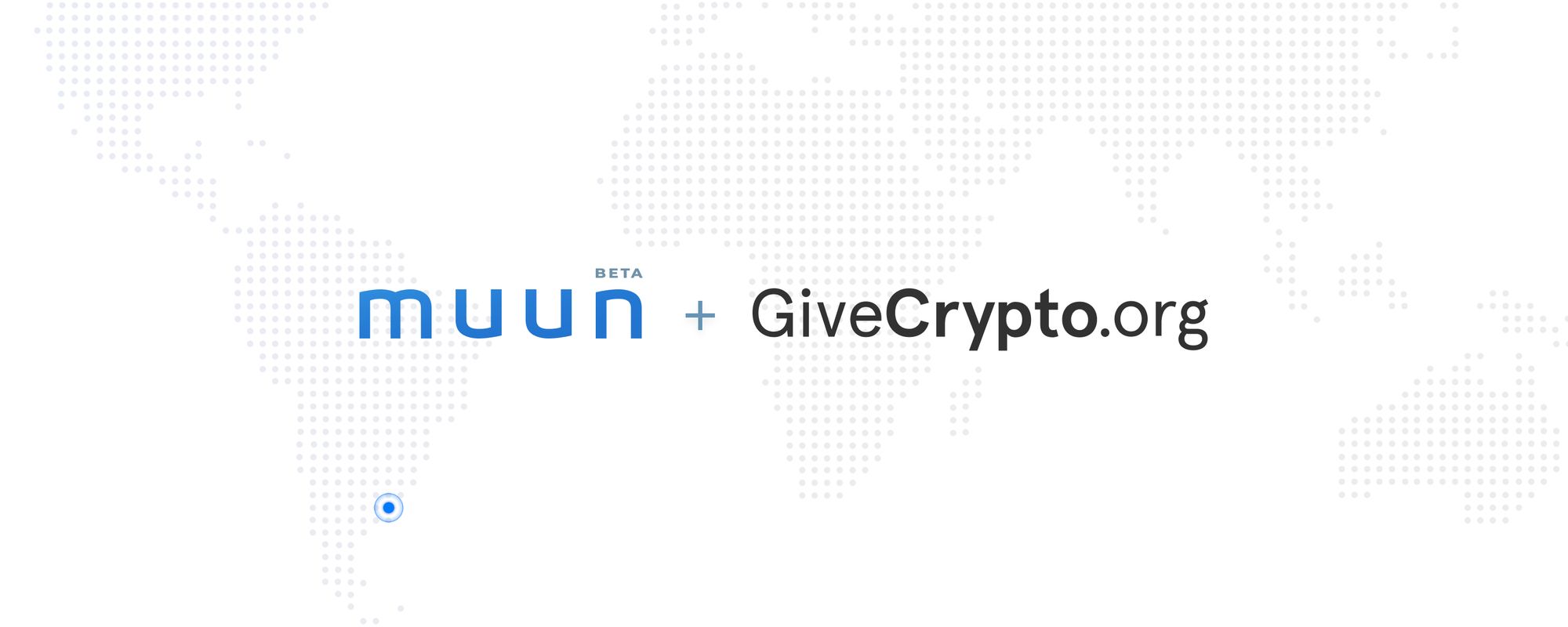Since Bitcoin’s creation, one of its biggest promises, has been to give access in an open financial system for people lacking the identity, banking infrastructure, literacy, numeracy or trust in their government, required to access basic banking solutions. The reason why Bitcoin still does not fulfill the bank-the-unbanked promise is simply because it isn’t ready. We need to figure out scalability, micropayments and infrastructure like wallets, ATMs and exchanges. All these are taking time, probably more time than we expected or wanted, but overcoming these barriers will determine the utility, and ultimately, the value of Bitcoin.
Bitcoin is the kind of phenomenon that is better experienced than explained. Even the earliest adopters of Bitcoin are still thrilled every time we send money to someone in another country, at 3 am, with the ease of sending an email. However, there are at least two problems with this.
Firstly, it is much easier to explore something when you don’t suffer from a shortage of resources. You simply try it out, and see what happens. If you like it, you repeat it. If you like it a lot, you can even use some of your resources to show it to a friend.
Secondly, you are more likely to try something new, when you can read about it. Just as Andreas Antonopoulos pointed out in one of his recent videos, Bitcoin is an English-language phenomenon, which is a huge drawback as it is most needed in non-English speaking countries
Muun and GiveCrypto want to change that, by running a trial in the Buenos Aires slum, Barrio 31. Under this trial, people will be able to make peer to peer transactions and daily purchases in local shops using Bitcoin. Funds will be distributed by GiveCrypto, and participants will receive donations using Muun, an easy to use and secure by design mobile wallet.
Why Argentina? And why Barrio 31?
Muun is based in Buenos Aires, Argentina. Argentina country has a long history of flawed and corrupt institutions, which have caused the currency to lose half its value in the last year alone. Because of this, Argentinians were among Bitcoin’s early adopters, and infrastructure developed much faster than in other Latin American countries. Particularly in Buenos Aires, there is a solid penetration of smartphones with Internet connection among people in need.
Barrio 31 is a huge settlement in Buenos Aires, said to be the "entrepreneurial and trade mecca" of the slums. There are 40,000 people who live there, and many of them are receptive to new ideas and solutions, especially if they don’t involve banks. Here are some stats gathered by The Integration Secretary and Financial Inclusion Partners and published in the report “Financial Inclusion in Barrio 31, Studies and Diagnose”, Buenos Aires, 2018:
- 40% have an assigned account in a financial institution, but only 22% fully recognize themselves as owners. This is because some people receive national aid, for which a bank account is needed, but they are unaware that they have one.
- 86% of adults own a cell phone, the vast majority being Smartphones.
- Cash is a problem because of crime, and fires caused by precarious electrical and heating installations.
- When inquiring about the mechanisms of sending and receiving money, 89% of senders and 74% of recipients report having used transfer agencies such as Western Union. The second most popular way is cash, reported by 10% of senders and 33% of recipients. They send money to their families in poorer countries like Peru, Paraguay and Bolivia.
Why Muun Wallet?
There are several reasons why Muun is the best wallet for the trial.
Firstly, Muun has key usability features. Unlike other mobile wallets, people can use Muun without needing to understand a ton of Bitcoin-related concepts like seed phrases, addresses, QR codes or technical language. Just an email and password are enough to login. Also, people can send money to friends using their phone number and contact list.
Secondly, Muun is a non-custodial wallet, which happens to be very important since people living in this community aren’t compliant with most KYC requirements, like having a legal address.
Lastly, there is the matter of language. As part of these trials, we are translating the app and are open to provide support in Spanish. This is very important for the Latin American market in general, and particularly relevant for people living in Barrio 31.
Conclusion
With this trial we are aiming to help people by giving them the chance to experience Bitcoin in a risk-free way, alongside the economic help of donating money to buy goods and services they need. We believe that creating a safe environment for this is the first step towards broader adoption and more use cases of Bitcoin.
Visit Muun Website: https://muun.com/
Follow Muun on Twitter: https://twitter.com/MuunWallet

